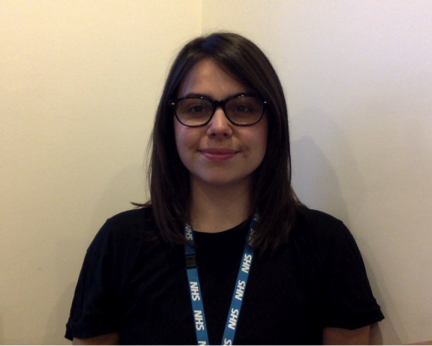If I am honest, I am still trying to figure out what I would like to do. Clinical psychology is so varied that I know many people who have changed their specialism later in their career. Saying this, I am really interested in working with adolescents and it might be an area I would like to explore further.
Clinical psychology needs different people with different attributes. This means that people take different routes into training. Pursuing a career in clinical psychology is a very personal decision so you need to make sure that it is right thing for you. Do your research, talk to clinical psychologists and explore the field before thinking about training.
One thing to remember is that clinical psychology is not just about doing clinical work. You could also be working as a supervisor, manager or teacher for example.





